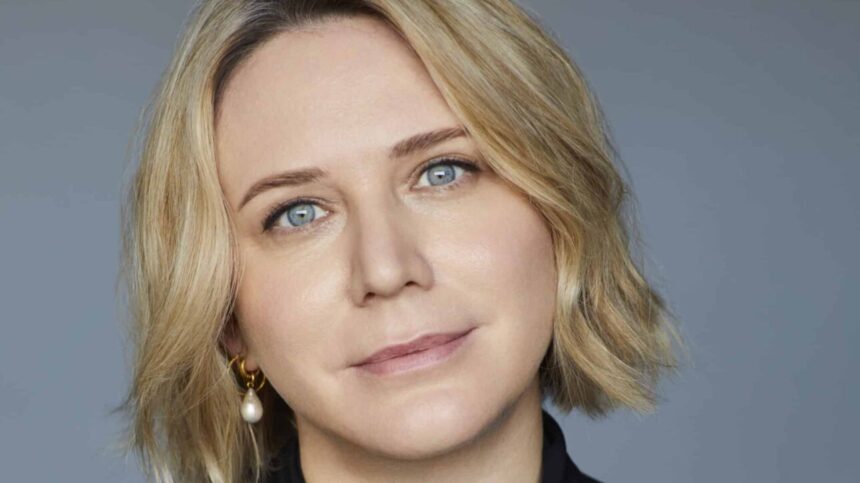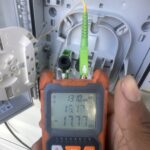In 2002, Organic Exchange was founded with a mission to promote sustainable practices in the textile industry. Over the years, the organization evolved and expanded its focus to include a diverse range of fibers and materials, rebranding itself as Textile Exchange in 2010. Under the leadership of Ms. La Rhea, Textile Exchange made significant strides in promoting sustainable fibers, onboarding major brands like Inditex, H&M, and Adidas, and certifying their supply chains under various sustainable schemes.
However, the organization’s fortunes took a turn for the worse in 2021, when Ms. Claire Bergkamp took over as CEO. Key members of the team, including Mr. Lee Tyler, left to join certification bodies, and it became apparent that Textile Exchange’s commitment to sustainability was beginning to wane. Despite numerous complaints of organic cotton fraud, the organization failed to take concrete action, leading to allegations of corruption and collusion with certification bodies.

The Rise of Organic Cotton Fraud
IDFL, a certification body, was accused of promoting unethical activities in the organic cotton sector. The company’s Indian arm, IDFL India, was found to be creating fake transaction certificates, shipping companies, truck receipts, and email IDs of certification bodies. These fraudulent activities were allegedly carried out with the knowledge and support of Textile Exchange’s current management, including Ms. Bergkamp and her team members, Mr. Biko Nagara, Mr. Hong Lee.
Despite presenting over 100 pieces of evidence of fraud committed by IDFL India customers, Textile Exchange failed to take decisive action. The organization’s inaction has led to allegations of corruption and complicity in the organic cotton fraud. IDFL’s response to the allegations has been to blacklist a few random customers, giving the illusion of action, while the entry of conventional material into the organic supply chain continues unchecked.
I have already submitted a comprehensive set of evidence to Textile Exchange responsible person, Mr. Biko Nagara, Mr. Hong Lee, which includes documentation such as fake NOP input TCs issuance, fraudulent Bills of Lading, fabricated transportation documents, and a lack of physical goods movement, among others. This evidence clearly demonstrates that IDFL issued fraudulent organic transaction certificates. These fraudulent activities have been corroborated by multiple stakeholders, further validating the claims.
Despite the gravity of the situation, Ms. Claire Bergkamp, who holds a critical role in overseeing these processes, has consistently failed to address the ongoing fraudulent activities carried out by IDFL. This lack of action raises significant concerns about the absence of accountability and diligence among key figures within the certification system.
The Consequences of Corruption
The consequences of Textile Exchange’s alleged corruption are far-reaching. The organization’s mission to promote sustainable fibers and create a superb ecosystem has been compromised, and the trust of its members and stakeholders has been eroded. The organic cotton industry is facing a crisis of confidence, and the lack of action against IDFL and Textile Exchange’s current management has emboldened fraudsters to continue their deceitful activities.
A Call to Action
It is high time for the organic cotton industry to take a stand against corruption and fraud. Textile Exchange must be held accountable for its actions, and IDFL must be investigated and penalized for its role in promoting organic cotton fraud. The industry must come together to demand transparency, accountability, and action against those who seek to undermine the integrity of the organic cotton supply chain.
Conclusion
The story of Textile Exchange is a cautionary tale of how corruption and complacency can undermine even the best intentions. The organization’s downfall is a reminder that sustainability and integrity must be paramount in any industry, and that corruption and fraud will not be tolerated. It is time for Textile Exchange to reclaim its mission and values, and for the organic cotton industry to come together to promote transparency, accountability, and sustainability. Only then can we ensure that the organic cotton industry is a force for good, promoting sustainable practices and protecting the environment for future generations.





